Stay Informed
Lancs Industries Blog - The Radiation Post
Our blog covers topics relevant to the nuclear industry, from radon and radioactive decay to cosmic radiation and how to dispose of radiation waste. Don’t see a topic you’re looking for? Let us know

Visit Lancs Industries at the Contract Pharma Conference September 21-22!
Lancs Industries will be an Exhibitor at and Sponsor of the 22nd Annual Contract Pharma Contracting & Outsourcing Conference September 21-22, 2023 at the Hyatt Regency Hotel in New Brunswick, New Jersey. Please stop by booth #61 to see the latest innovations in custom pharmaceutical containment and isolation manufacturing and learn about our products for manufacturing efficiency and workplace…
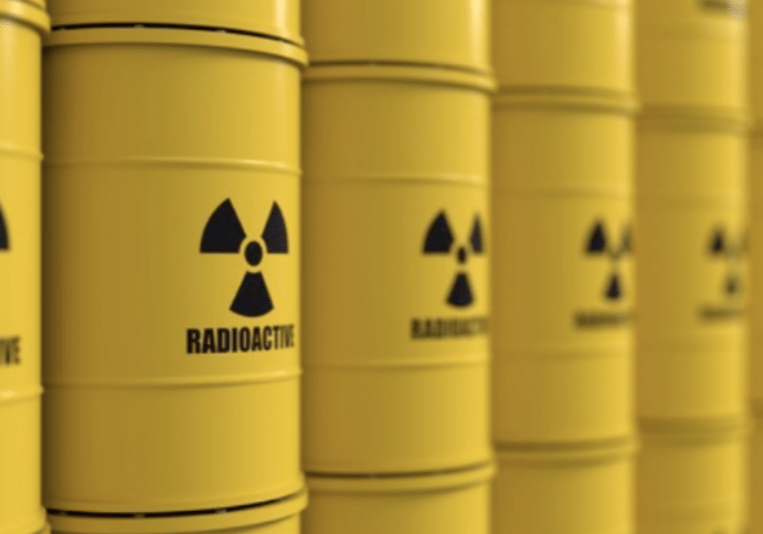
The Process of Radioactive Waste Incineration
To protect the health of our environment and our communities, the proper storage and disposal of radioactive waste are critical. There are several methods for disposing of radioactive waste, including near-surface disposal, deep geological disposal, reprocessing, and mined repositories. In this blog, we’re focusing on incineration. Radioactive waste incineration was part of a major news…
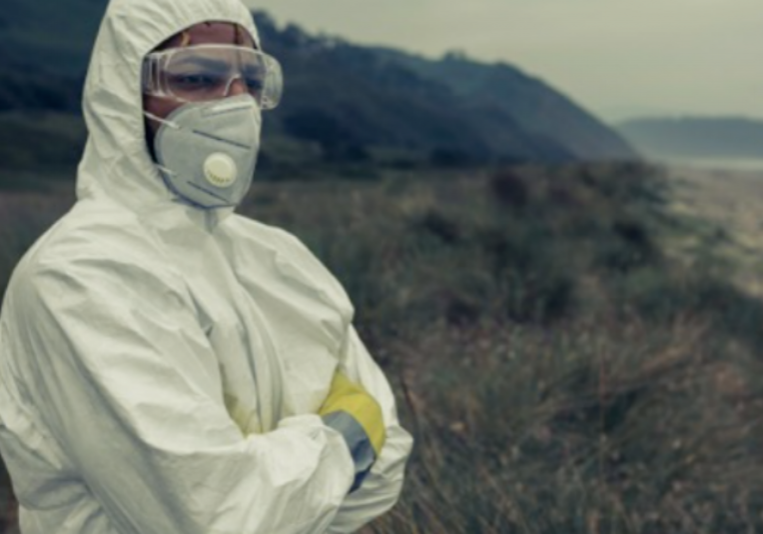
3 Things You Should Know About Radiation Suits
The first thing to know is that not all radiation is harmful. Some forms of radiation, such as power lines, low-frequency microwaves and infrared waves are everyday sources of radiation, but in their low-frequency forms, they are harmless. Other forms of radiation, such as x-rays, atomic weapons energy, and many radioactive elements are considered ionizing.…
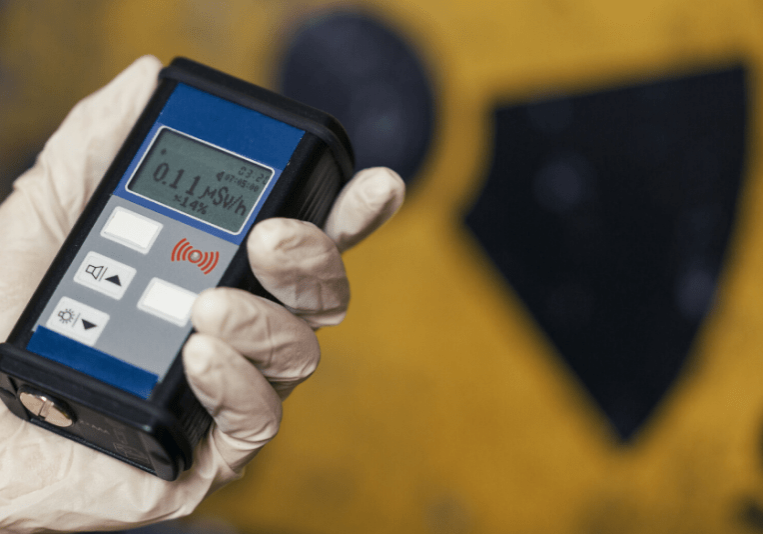
Common Sources of Everyday Radiation
From the soil below to the cosmos above, all living beings are constantly exposed to radiation. Yet most of us humans give little thought to the natural and man-made sources of radiation in our environment. According to the Nuclear Regulatory Commission, the average American is exposed to about 620 millirems of radiation each year from…
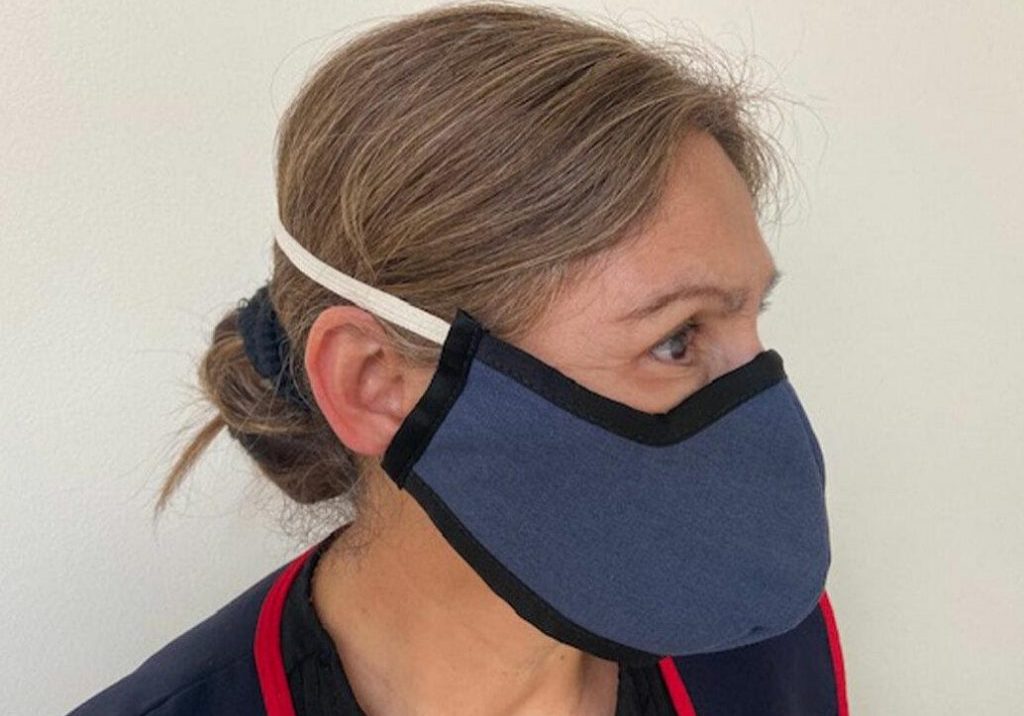
Uncovering the Best Practices for Wearing a Face Mask
As communities and businesses around the world institute new guidelines in response to COVID-19 that require wearing a face mask, it’s important to know the basics about how to choose and wear a face mask for optimal protection. Maintaining 6-feet social distancing practices remains important to slowing the spread of the virus even with a…
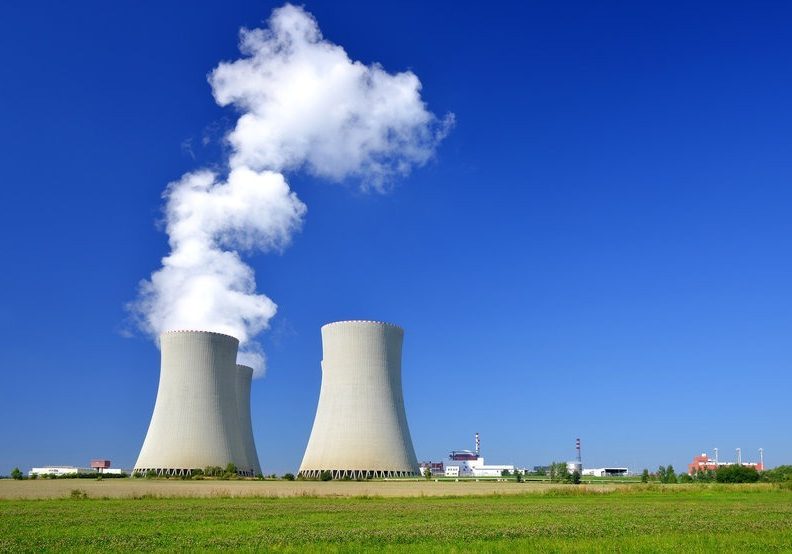
What is Nuclear Power?
The process yielding nuclear power is called nuclear fission and was discovered by German physicist Otto Hahn and his assistant Fritz Strassmann back in 1938. This article is well-timed because the two discovered the energy generated by nuclear fission during a Christmas vacation. Nuclear fission splits the atoms of heavy metals The scientists discovered…

Radiation and Pregnancy
If you’re planning to get pregnant, or you’re currently pregnant, pay attention to your occupational and environmental surroundings. Infinite studies find negative correlations between radiation exposure and higher infertility rates, increased pregnancy risks, as well as higher rates of chromosomal and genetic abnormalities. For more detailed information about radiation and its effects on pregnancy, visit…

Is Radiation Ever Good For You?
The majority of the time, we view ionizing forms of radiation as dangerous – and that’s a good premise to hold. In high doses, or in low exposure doses over an extended period of time, ionizing radiation damages DNA, which leads to defects, cancer, and other radiation-related illnesses. The flip side of that story is…
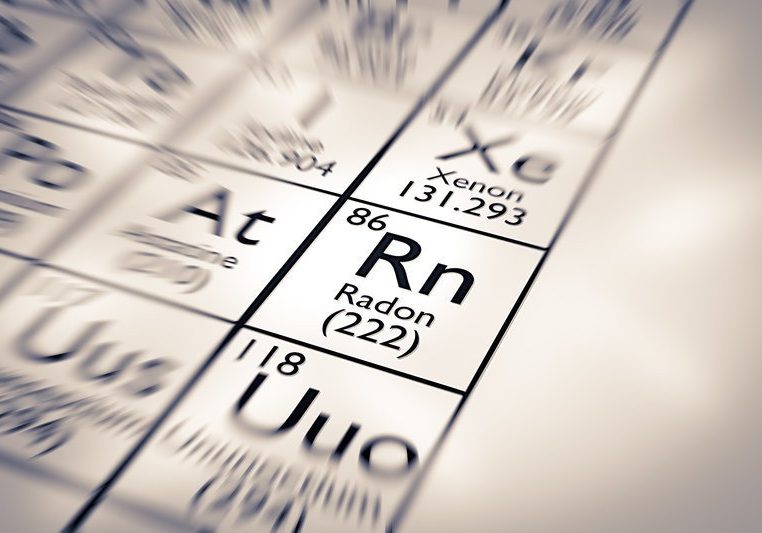
What is Radon?
Radon is a naturally occurring element that off-gases from the earth’s crust, as well as part of the radioactive decay process of other radioactive elements. It’s also the leading cause of lung cancer in non-smokers, and smokers who live or work in a building with high radon levels experience much higher rates of lung cancer…

